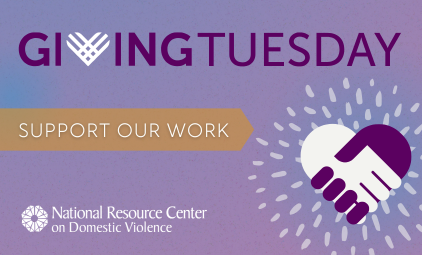DV calls are chaotic and dangerous, not only for victims and children, but for also for responding officers. It is a unique crime requiring unique knowledge and effective strategies for a safe response. Individual departments have respective policies and procedures for dispatching and responding to these calls for service. Likewise, officers are well trained in the use of non-lethal and weaponless defense. Nothing herein is designed to alter existing policies or tactics. Still, here are a few tips that I believe may help us stay safe:
Abusers
We must label something in order to study it, otherwise the brain has no way to understand its nature. It is frustrating and potentially dangerous not to label, study and understand the nature of domestic violence abusers. There are many ways to categorize abusers—no one way is correct. California recognizes the implications of primary and dominant aggressors. This is a start. In his fascinating book, “Murderous Minds,” Dean Haycock suggests that 15-30 percent of [dominant] domestic violence abusers may be psychopaths.
Author Margaret Elbow describes four categories of abusers, suggesting that an emotional need for validation becomes so intense in some incorporator abusers that they become desperate and unable to control themselves. In Citrus Heights, California, officers are trained to recognize the incorporator type of abuser.
John Hamel and Tonia L. Nicholls, citing a large literature review, comment on types of abusers including those labeled as patriarchal terrorists, or if you prefer a more gender-neutral term, controlling coercive abusers. Ola Barnett and Alyce LaViolette , in their review of the literature, point to types of abusers characterized by their childhood exposure to violence, mental health or neurobiological development.
Donald Dutton points to the calculated use of emotional, non-verbal control tactics by some abusers to threaten and control their victims. And Lenore Walker discusses types of abusers including those who may be predisposed with antisocial or borderline personality traits and capable of committing a wide range of violence.
911 call takers and dispatchers
Our dispatchers are the real first responders. They must train alongside officers and be just as knowledgeable in the implications of domestic violence. They are required to initiate questions designed to clarify the following:
- The level of risk (weapons).
- Any witness involvement.
- The severity of the current abuse.
- Past patterns of threats.
- Whether or not the abuser is still at the scene.
















